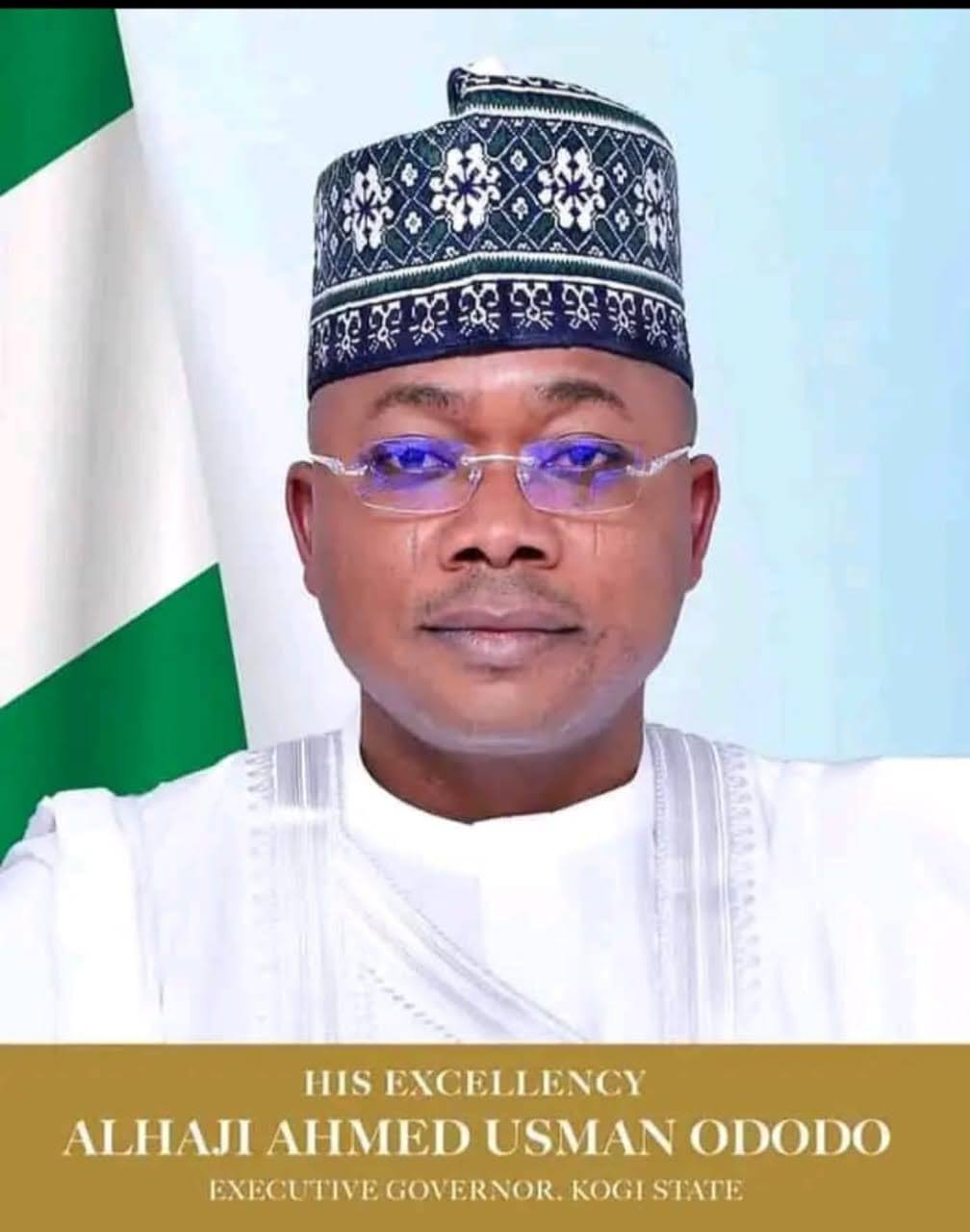
Kogiflame.com
There are reports indicating that Secretary to the Government of the Federation, Boss Mustapha, may not make the new cabinet list being compiled by President Muhammadu Buhari.

It was learnt that he was being opposed over his role in the 2019 governorship election in Adamawa State.
It was gathered that Boss Mustapha has issues with some cabal members at the presidency.
It was learnt that there is a collective agreement to present Mohammed Buba Marwa as a replacement.
Also, Minister of Education, Adamu Adamu, is reported to be missing on the list over his perceived poor performance.
Current ministers who excelled during President Muhammadu Buhari’s first term will be considered for automatic appointment into his cabinet during his second term in order to ensure continuity, Daily Independent has gathered.
Aside performance as ministers, a presidency source told Daily Independent that cabinet members who contributed immensely to the victory of the ruling All Progressives Congress (APC), especially President Buhari’s reelection, will be considered.
He particularly singled out Babatunde Fashola, Minister of Power, Works and Housing; Alhaji Lai Mohammed, Minister of Information and Culture, and Udoma Udo Udoma, Minister of Budget and National Planning, as ministers who are being considered to be retained in the next administration.
He said aside his role as a super minister who supervised three key portfolios, Fashola also served as Director of Election Planning and Monitoring for the APC Presidential Campaign Council, a task he performed creditably well to the admiration of the president.
On his part, Lai Mohammed received a lot of accolades from the party leadership and President Buhari for his role in his home state of Kwara for leading the assault against the Peoples Democratic Party (PDP), which not only recorded hundred percent victory for the APC but also ended Senate President Bukola Saraki’s dominance of the state.
Speaking further, he said as Minister of Budget, Udoma played a key role in stabilising the administration throughout the period of recession and also when the price of crude oil, Nigeria’s major source of income, was drastically reduced.









